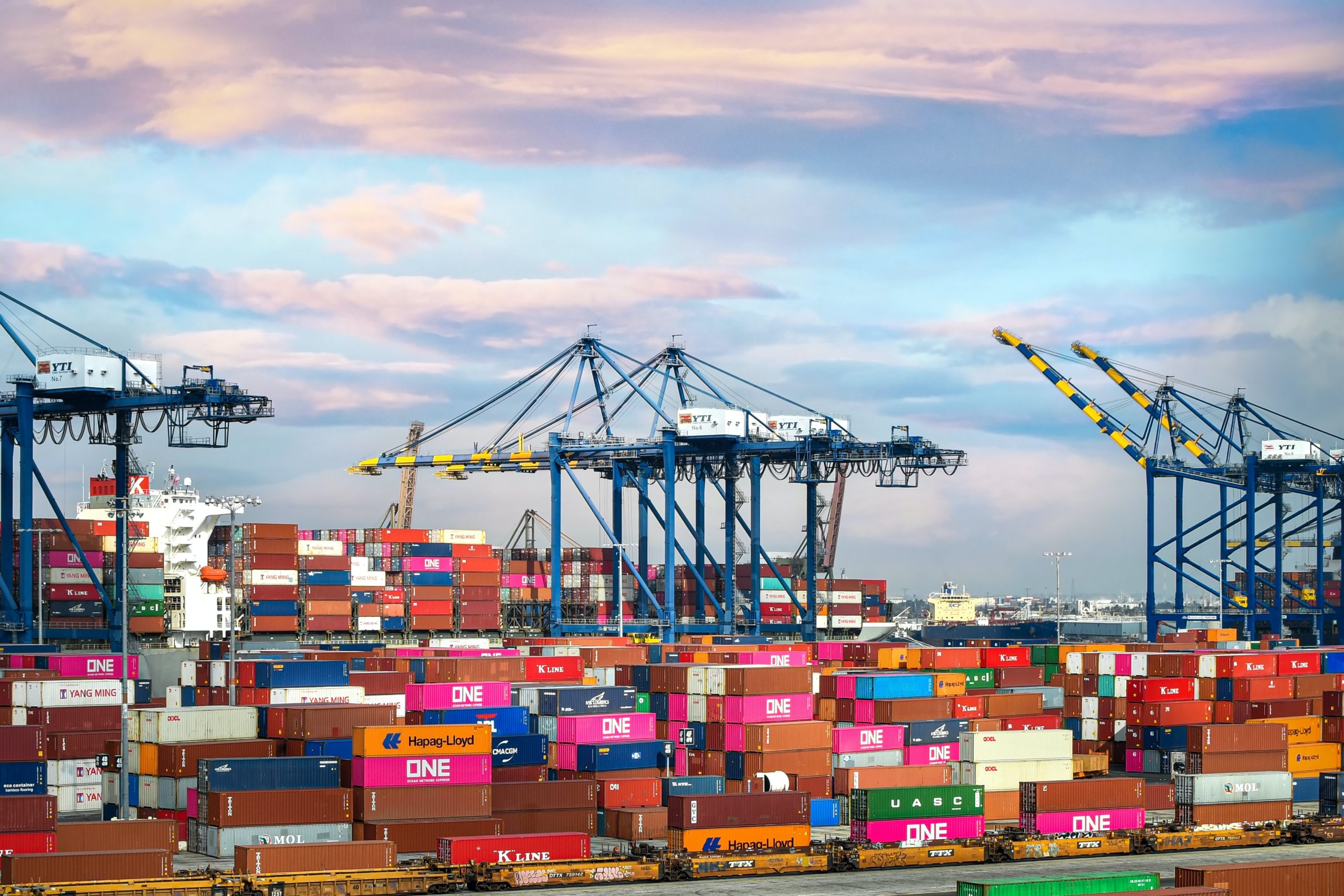The Value Added Levy Law governs VAT returns to non-residents who are incorporated in third nations and who return value-added duty for the products acquired from them. Each nation has its laws and regulations governing how to claim taxes. Everything you require to know about VAT returns in third-party countries is covered in this article.

Eligibility for claim
The right to a VAT return is available to taxpayers based in third countries or third regions who do not engage in economic activity in the country for which they are filing a refund check. The claim can be made under the parity approach regarding the VAT levied on domestically purchased products as well as the imports for use in their activities outside of the EU.
File an application
The request must be filed within three months of the conclusion of the reimbursement term mentioned in the application. The petition is not taken into consideration, and the levy is not returned if the specified term has passed.
Both the application’s data and any supplementary data must be in English. The reimbursement claim must be filed to the General Tax Authority by September 30 of the calendar year in question. The application’s specified reimbursement time must neither be under three months nor greater than one year. If it pertains to the latter months of the year, it may be shorter than three calendar months.
In the return appeal, the full sum of the tax to be refunded must be stated in the local currency of the country where the claim is being made. The application’s stated amount cannot be less than 400 euros. The cap is EUR 50 if the return term is one year or the final three months of the year.
Every statement generated in the local area must be included in the request. The initial draft of the tax receipt or other paperwork attesting to the entry of products must be provided with the third country’s request for reimbursement. It is necessary to file a declaration attesting that the individual making the purchase was a qualified taxpayer outside of the EU.
Authorized representative
A corporate or natural entity approved by the applicant and operating under the terms of a ‘consent to act’ may file the request for reimbursement on the citizen’s account. Taxpayers enrolled in a third nation or region may also file the request directly or by post.
Requirements for VAT return
If the individual within the said reimbursement term satisfies the following criteria, VAT is refunded:
- Has authorized corporate operations outside of the EU.
- Is equivalent to the designation of an EU taxpayer who has licensed outside the EU.
- Has not been listed in the SRS’s Taxation Record.
- Is not enlisted at the SRS VAT Log due to any residential chargeable dealings.
- Hasn’t carried out any business operations in the nation where he requests a refund.
Documents required
The return request must be accompanied by the following documents:
- Invoices for goods purchased domestically;
- Documents certifying the importation of domestic goods for which repayment is requested; and
- Documents evidencing payment of the amount of tax claimed.
Decision
Within four months, the National Tax Agency decides whether to issue a full or half tax return. The proceeding files are sent by the authority to the claimant to notify them:
- The judgment;
- A duplicate of the application;
- The tax receipt and authentic files of the records verifying the shipment of goods;
- The papers attest to the tax payment.
A taxpayer listed in a third country may reapply within one month if the conclusion was reached to reject the reimbursing owing to failure to follow the application’s requirements.







